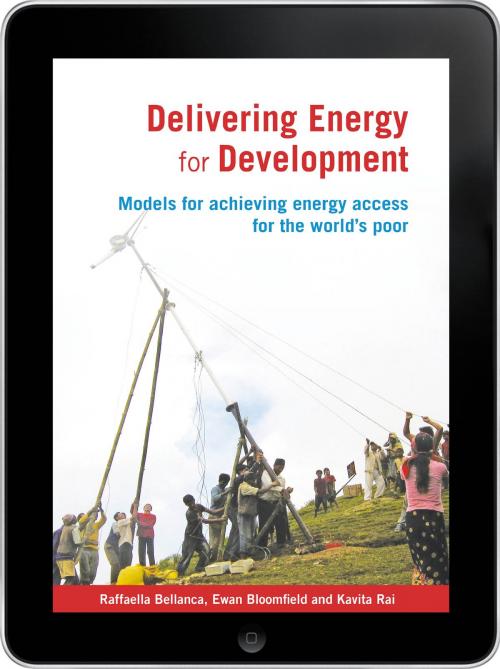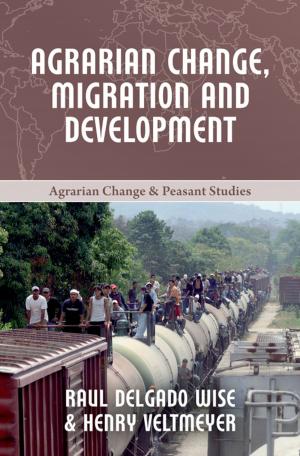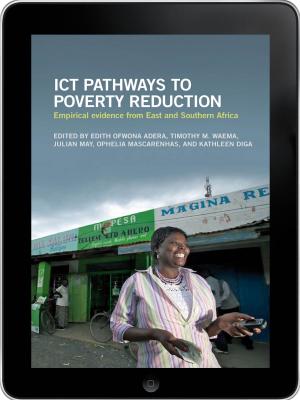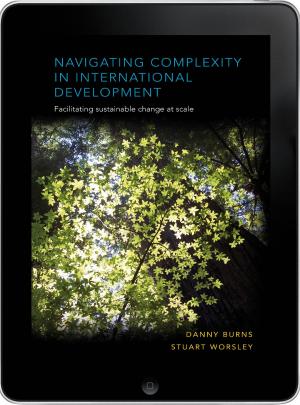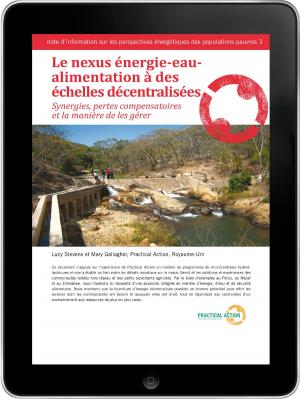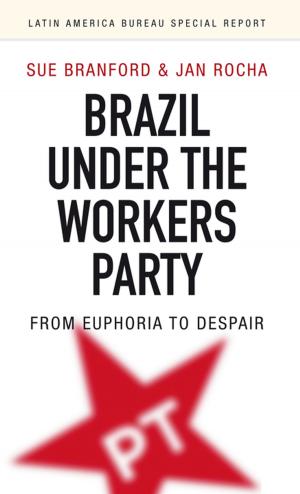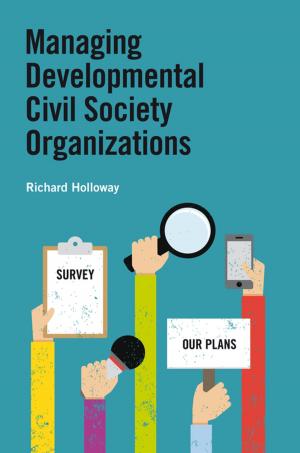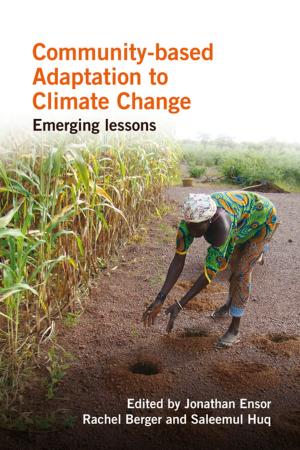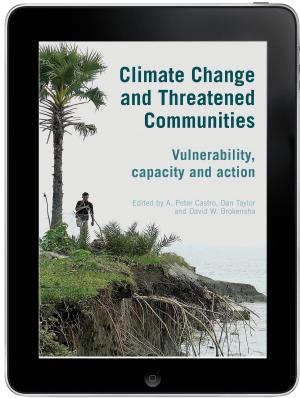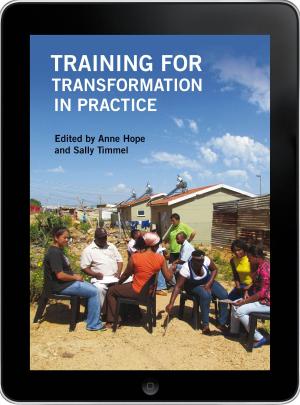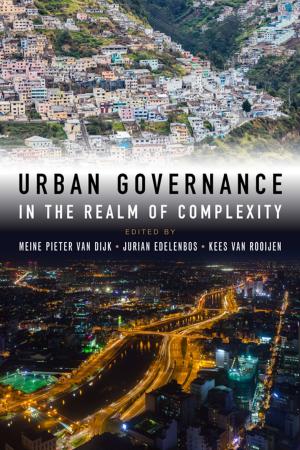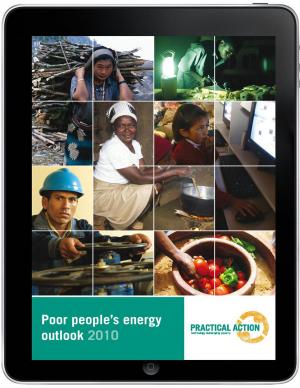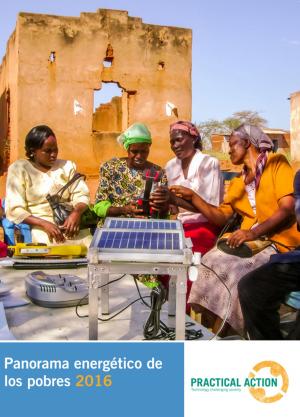Delivering Energy for Development eBook
Models for achieving energy access for the world’s poor
Nonfiction, Reference & Language, Reference, Social & Cultural Studies, Social Science| Author: | Raffaella Bellanca, Dr Ewan Bloomfield, Kavita Rai | ISBN: | 9781780447629 |
| Publisher: | Practical Action Publishing | Publication: | October 15, 2013 |
| Imprint: | Practical Action Publishing | Language: | English |
| Author: | Raffaella Bellanca, Dr Ewan Bloomfield, Kavita Rai |
| ISBN: | 9781780447629 |
| Publisher: | Practical Action Publishing |
| Publication: | October 15, 2013 |
| Imprint: | Practical Action Publishing |
| Language: | English |
Access to modern energy services remains low or non-existent for approximately 2.8 billion of the world’s population. Energy practitioners are facing the challenge of delivering access to modern energy services where poverty and lack of infrastructure makes it most difficult. Rising awareness about climatic change and the notion of energy security for future generations are also being channelled into the debate. This book provides an overview of existing energy delivery systems, as well as a guide on the key issues integral to the success or failure of energy programmes in middle- and low-income countries. It consider how markets develop, which services are pivotal in supporting the process, and what overarching factors enable change to take place, providing practical guidance on how to replicate and scale up the successful delivery of energy to the very poor.
Access to modern energy services remains low or non-existent for approximately 2.8 billion of the world’s population. Energy practitioners are facing the challenge of delivering access to modern energy services where poverty and lack of infrastructure makes it most difficult. Rising awareness about climatic change and the notion of energy security for future generations are also being channelled into the debate. This book provides an overview of existing energy delivery systems, as well as a guide on the key issues integral to the success or failure of energy programmes in middle- and low-income countries. It consider how markets develop, which services are pivotal in supporting the process, and what overarching factors enable change to take place, providing practical guidance on how to replicate and scale up the successful delivery of energy to the very poor.
